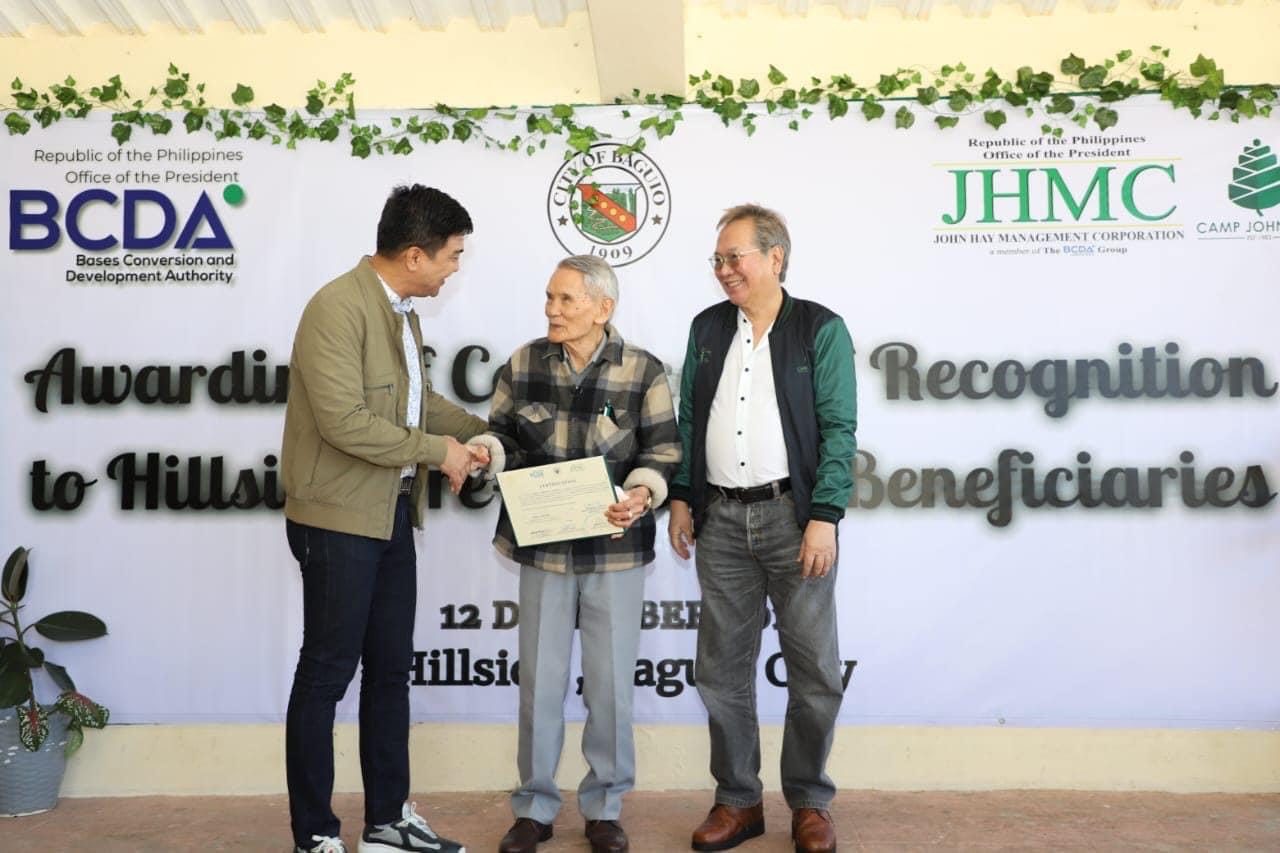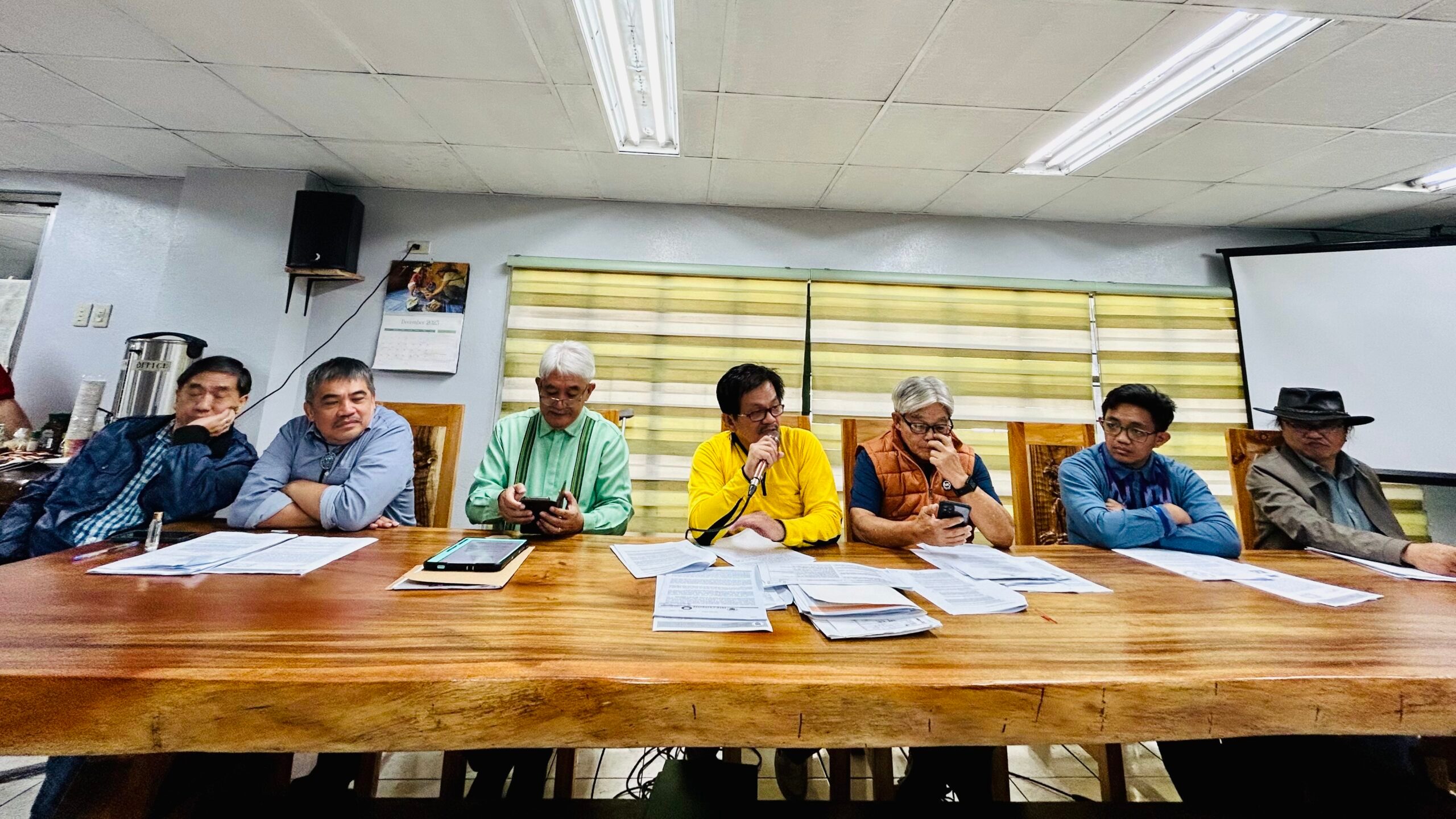SUMMARY
This is AI generated summarization, which may have errors. For context, always refer to the full article.

BAGUIO, Philippines – Baguio City’s struggle with land rights is not just a matter of law and development; it is deeply intertwined with the rights of indigenous peoples who have called this land home long before the advent of any military base or government authority.
The departure of US forces in the early 1990s and the subsequent management of Camp John Hay by the Bases Conversion and Development Authority (BCDA) brought about a significant transformation, governed by Republic Act 7227, also known as the Bases Conversion and Development Act of 1992.
However, the city’s indigenous community has been caught in the crosshairs of modern development and ancestral land rights, with their future uncertain amidst the shifting landscape of laws and resolutions.
Camp John Hay and the unfulfilled promises
In 1994, the Baguio city council set 19 conditions for the BCDA’s development of Camp John Hay, aimed at safeguarding the city’s autonomy and the rights of its residents, including the indigenous peoples.
Yet, the full realization of these conditions has been marred by delays and partial implementations. So far, only partial segregation achieved in Barangay Scout Barrio leaving 12 barangays in a prolonged wait for segregation and recognition of their land rights.

House Bill 9428: A new hope or a new challenge?
Enter House Bill 9428, the latest attempt to address these historical grievances, introduced by Baguio City Representative Mark Go. The bill proposes to classify certain lands within the reservation as alienable and disposable, with the aim of finally resolving the decades-old impasse over land titles.
Go’s initiative is poised to “give life to the intention of the representatives of the city for the segregation of the barangays included in the John Hay reservation,” signifying a pivotal move towards the resolution of this enduring issue.
While this could be a step towards rectifying historical injustices, it also raises concerns about its implications on the rights of indigenous peoples, who may not fall under the usual definitions of “qualified residents” due to their unique relationship with their ancestral lands.
Council’s concerns and call for inclusivity
However, the bill has not been universally welcomed. Councilor Peter Fianza, chairperson of the Sanggunian Council committee on laws, human rights, and justice, in a letter to Mayor Benjamin Magalong, mentioned the committee’s apprehensions, particularly the bill’s potential to inappropriately benefit the BCDA.
Fianza’s letter, steeped in legal and civic concern, stated, “The bill will appear to be more contentious as will appear to allow BCDA to enrich itself from properties it may not rightfully be entitled to.”
BCDA’s response and assurance
Amidst these debates, the BCDA has taken steps toward redefining the land boundaries, starting with Barangay Hillside.
BCDA President Joshua M. Bingcang acknowledged the move as a “first crucial step to jumpstart the process,” affirming their commitment to the obligations set forth by Republic Act 7227.
This development, while significant, has not entirely assuaged the community’s concerns about the full realization of their land rights. Indigenous rights advocates stress that such initiatives must also respect indigenous land tenure systems, which often do not align with conventional property ownership models.
Local councilors highlight challenges
The press conference held on December 14, 2023, brought to light the councilors’ skepticism.
Councilor Jose Molintas highlighted the complexity of the land issue in areas like Happy Hollow, where the proposed model of segregation does not apply due to ancestral domain claims.
Molintas said, “In the other areas where there are ancestral domains…the model of Scout Barrio is entirely inapplicable. Because ancestral domains are not owned by the government. They have been long owned by the people since time immemorial.” This highlights a key principle in indigenous rights—the recognition of their land as part of their heritage and identity.
Revised city charter under scrutiny
The struggle for Baguio City’s land rights also intersects with the recently revised city charter, RA 11689. Councilor Fred Bagbagen, in a passionate speech, condemned the revised charter as “shameful and a disservice,” particularly criticizing its failure to define territorial jurisdiction clearly.
Bagbagen’s analysis of the revised charter is meticulous, pointing out that while it aims to provide a governance framework, it falls short by not providing a definite territorial jurisdiction, which is paramount for any city charter.
Path ahead
The ongoing saga in Baguio City represents a microcosm of the broader challenges facing many urban areas in the Philippines. As the city grapples with the complexities of its historical land rights issues, the debates underscore the need for legislation that is not only legally sound but also socially just and culturally sensitive.
As Baguio City stands at this crossroads, the resolution of these issues will require a concerted effort from all stakeholders, ensuring that the rights and voices of the community are not just heard but also heeded. The city’s residents, house representative, councilors, and BCDA are all key players in a narrative that continues to unfold, with the potential to serve as a benchmark for the protection of indigenous and land rights in the face of modernization and development. This requires a balance that honors both the past and the future. – Rappler.com
Add a comment
How does this make you feel?










There are no comments yet. Add your comment to start the conversation.